Building Capacity in Medical Anthropology. Wellcome Trust Funded 2021-2023
This two-year collaboration between UFRGS Brazil, CIESAS Mexico and UCL in the UK brings together environmental, indigenous, biosocial, multispecies, gender and theoretical expertise in Medical Anthropology, to extend interdisciplinary engagement concerning how the Anthropocene epoch impacts on human health. Our group aligns interest and expertise in diverse fields of inquiry relevant to the embodied inequalities of the Anthropocene including gender, justice and power, indigenous health, well-being and sustainability.
As Medical Anthropologists we are concerned with how human bodies are affected by and responding to the Anthropocene context. Yet the problematisation of this phenomena is unsettled and restricted by Western categorisations of planetary life, human experiences and the methods of achieving sustainable social and environmental futures. The very definition of this epoch as the ‘Anthropocene’, suggests a global human responsibility for what is effectively the fallout of Western industrial social orders. Key questions which guide our work include:
- How are human and non-human bodies affected by and responding to Anthropocene contexts?
- What is Medical Anthropology's role in explaining the consequences for health, well being of ongoing environmental degradation of loss of biodiversity and climate change?
- How should we understand and intervene in the unequal distribution, patterning and responses to health in the Anthropocene?
Our collaboration is committed to developing research and learning capacity within Medical Anthropology in the UK and Latin America, fostering intellectual exchanges between diverse disciplinary traditions and knowledges. In doing so we aim to collaboratively understand the context of and to address the consequences for human health and wellbeing of unfettered economic growth, environmental degradation and climate change, and the related social, economic and ecological disorders that characterise this geological period, defined as the Anthropocene.
We are currently developing medical anthropology expertise in a number of key areas: i) indigenous experience and coloniality of the Anthropocene, ii) gender, reproduction and environmental justice, iii) multispecies ethnography and human-animal health, iv) COVID-19 and public understanding of the Anthropocene v) chemical toxicity and exposure.
Our activities include virtual and face to face seminars and workshops, early career development through the appointment of postdocs in Brazil, Mexico and the UK, and the curation and collection of resource material for a tri-lingual Medical Anthropology of the Anthropocene open access teaching resource.
Project Members
- Ceres Víctora
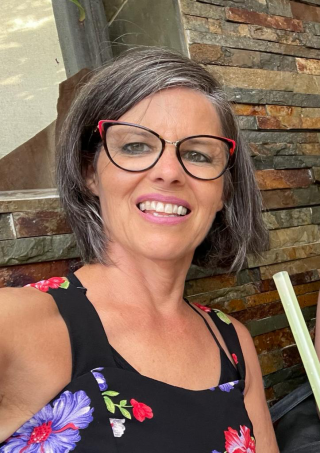
Ceres Víctora is a Professor at the Department of Anthropology and the Graduate Program in Social Anthropology at the Federal University of Rio Grande do Sul and leads the Center for Research in Anthropology of the Body and Health (NUPACS) at the same university. She has research and teaching experience in Medical Anthropology especially on the following subjects: health inequalities, social suffering, violence, emotions, and disasters in Brazil.
- Ivana Teixeira
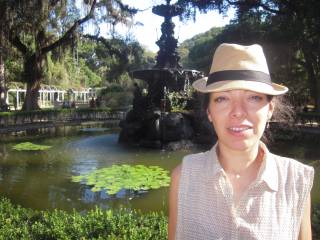
Ivana Teixeira is a postdoctoral fellow at the Anthropology Department at the Federal University of Rio Grande do Sul - UFRGS. She has conducted fieldwork in Brazil and France focusing on the human-animal relationship, public health, and local knowledge. She researches the complex relationships between biodiversity-society-health, opening reflections about the embodiment of inequities, describing and reflecting on care techniques.
- Jean Segata
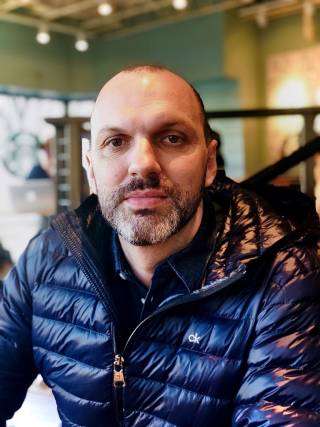
Jean Segata is a social anthropologist focusing on multispecies and environmental health, epidemics, and biosecurity interventions. He has experience conducting fieldwork and developing research collaborations across Latin America, primarily in Brazil. He is an Associate Professor at the Department of Anthropology at the Federal University of Rio Grande do Sul (UFRGS, Brazil), where he is the director of the Centre for Animal, Environmental and Technologies Studies and the Covid-19 Humanities Network.
- Jennie Gamlin
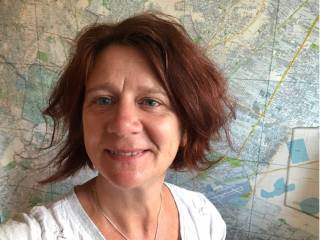
Jennie Gamlin is Associate Professor and Senior Wellcome Trust Fellow in the UCL Institute for Global Health. She leads research on the Coloniality of Gender and Health with Indigenous Wixárika communities and is Co-director of the Centre for Gender, Health and Social Justice. Jennie does theoretical work around decolonisation, indigenous ontologies of health and being, critical ethnography and historicising patriarchy and violence. She co-edited ‘Critical Medical Anthropology, perspectives in and from Latin America’ (UCL Press 2020) and the book series ‘Embodying inequalities, perspectives from Latin America’.
- Laura Montesi
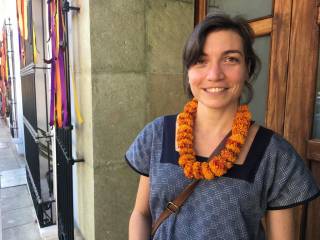
Laura Montesi is a CONACyT researcher based at CIESAS, Mexico. She is a medical anthropologist with fieldwork experience in indigenous rural Mexico; her work focuses on chronic conditions, particularly diabetes mellitus and related comorbidities, interweaving culturally grounded lived experiences with the workings of larger structural forces. She is interested in the intersections of health, social inequalities, and violence as well as food and culture, and language rights.
- Maria Paula Prates
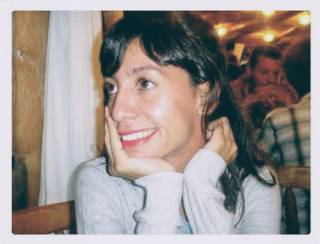
Maria Paula Prates is a Research Fellow in Medical Anthropology in the Anthropology Department at UCL. She has been carrying out ethnographic studies among Indigenous Peoples in lowland South America, mainly among the Guarani-Mbyá, since 2003. Her current research interests encompass Indigenous knowledge of the Anthropocene and its relation with sociocosmological understandings of the End of the World; embodied inequalities regarding childbirth and birthing among Indigenous women and emic conceptions of Tuberculosis, Covid-19 and co-related diseases.
- Sahra Gibbon
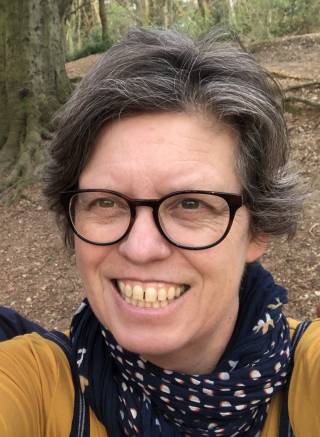
Sahra Gibbon is Professor of Medical Anthropology in the Anthropology Department at UCL. She has carried out research in the UK, Cuba and Brazil examining the intersections between health, gender, citizenship, activism and identity. Her current research focuses on examining the social context of biosocial research in birth cohorts and embodied inequalities particularly as this relates to questions of toxicity, pollution and Anthropocene health. She is co-editor for the UCL Press series ‘Embodying Inequalities. Perspectives from Medical Anthropology’
- Paola Sesia
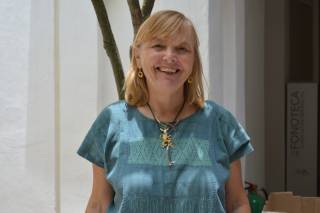
Paola M. Sesia, is a medical anthropologist and public health professor at CIESAS, Mexico. Her current research interests include maternal and reproductive health, professional and traditional midwifery, obstetric violence and access to abortion and abortion care, as well as health and health policy among Indigenous peoples in Mexico. She works from a reproductive and human rights perspective, as well as from a social justice, structural vulnerabilities, and social inequalities approaches.
 Close
Close

